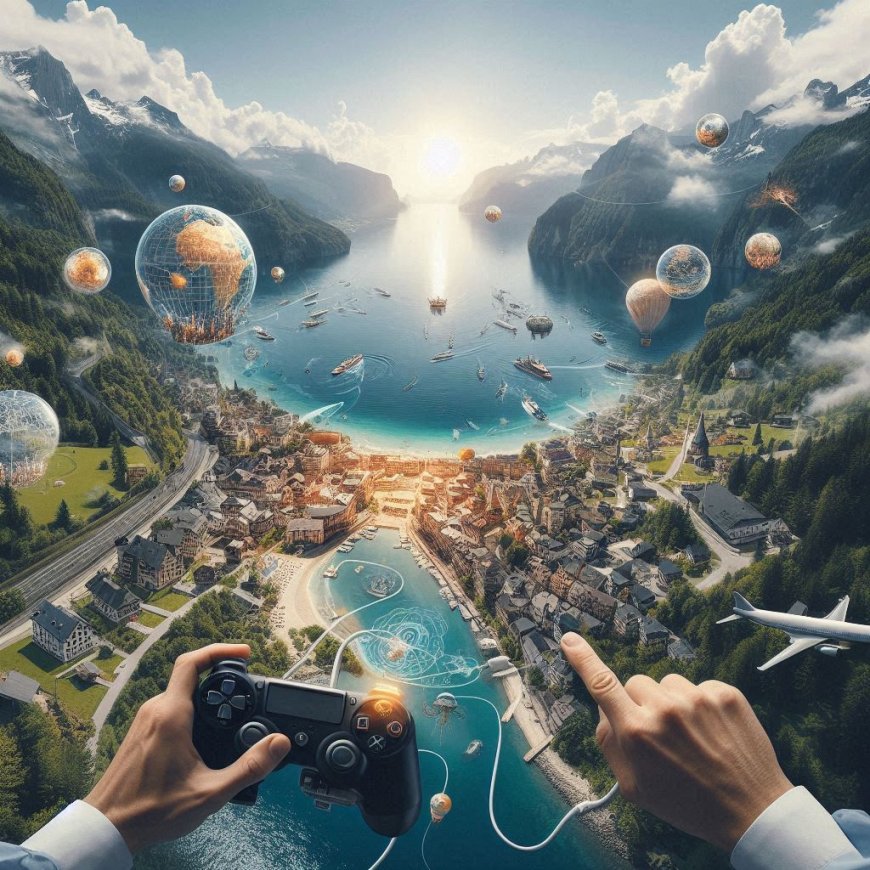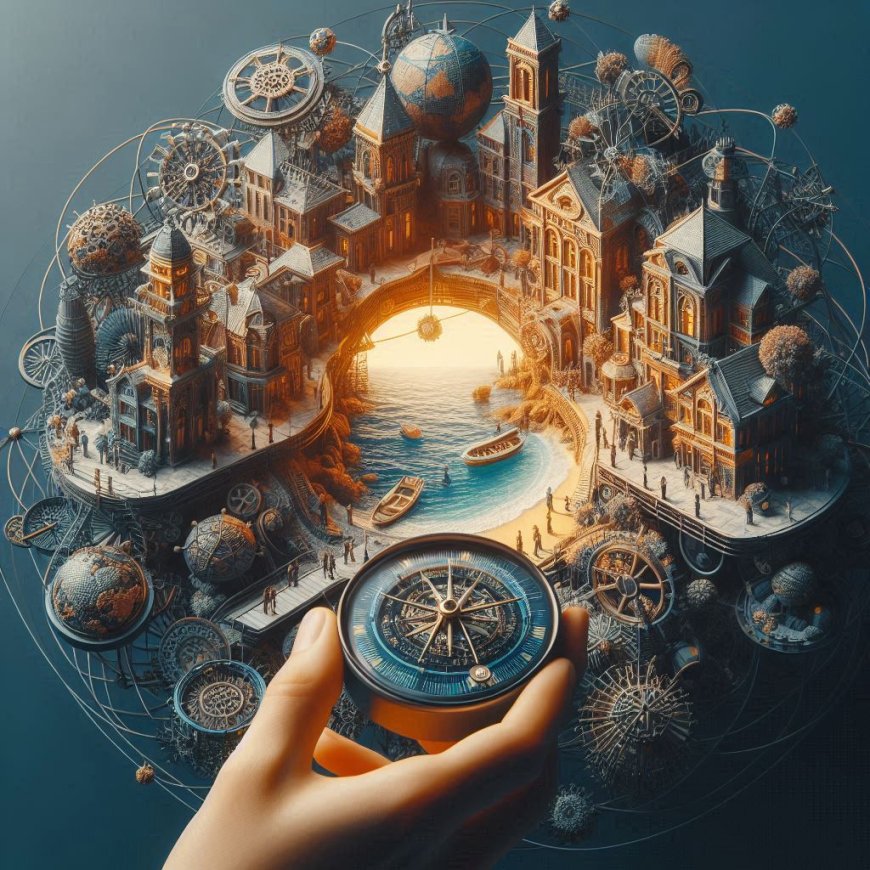The Power of Personalization Creating Memorable Travel Experiences
The tourism industry is evolving in the digital age, emphasizing immersive and personalized experiences over superficial visits. This shift aims to foster authenticity, sustainability, and community engagement while leveraging technology to enhance travel experiences. The European Union plays a crucial role in shaping these developments through regulatory measures that promote fair competition and innovation.
Redefining Tourism: A Digital Age Perspective
Once a simple pursuit of leisure and exploration, the tourism industry has evolved into a complex interplay of culture, commerce, and technology. As we navigate the post-pandemic era, a new paradigm is emerging, one where tourism is no longer just about visiting places but about creating immersive experiences.
The Digital Revolution and Tourism
The digital revolution has irrevocably transformed the tourism landscape. Online booking platforms, social media influencers, and virtual reality experiences have redefined how we perceive and engage with travel. The ease of access to information and the rise of affordable travel options have democratized tourism, making it accessible to a broader audience.
However, the industry has often been criticized for its superficial approach, focusing on quantity over quality. The emphasis on 'tourist traps' (popular but overrated or overpriced attractions) and 'bucket list destinations' (places that are often overcrowded due to their popularity) has led to a decline in authentic experiences and a rise in mass tourism.
A New Era of Experiential Tourism
To address this, a new wave of experiential tourism is gaining momentum. This approach prioritizes personalized experiences, local culture, and sustainable practices. This model aims to create lasting memories and foster a deeper connection between travelers and their destinations by shifting the focus from mere sightseeing to immersive engagement.
Critical elements of experiential tourism:
Authenticity: Genuine experiences reflecting local culture, history, and traditions.
Personalization: Tailoring experiences to individual preferences and interests.
Sustainability: Minimizing the negative impact on the environment and local communities.
Community Engagement: Involving local people in the tourism industry and benefiting their livelihoods.
Technology Integration: Leveraging technology to enhance the traveler experience, from virtual reality tours to personalized mobile apps.
The Role of Digital Technology
Digital technology is not just a tool but a game-changer in shaping the future of tourism. By leveraging AI, VR, and AR, the industry can create innovative and immersive experiences that cater to travelers' evolving needs. The potential applications are vast and exciting, from personalized travel planning to virtual and augmented reality experiences that transport travelers to distant lands without leaving their homes.
Personalized Travel Planning: AI-powered tools can analyze traveler preferences and suggest tailored itineraries.
Virtual and Augmented Reality Experiences: Immersive experiences can transport travelers to distant lands without leaving their homes.
Blockchain for Transparent and Secure Transactions: Blockchain technology can enhance trust and transparency in the tourism industry.
Sustainable Tourism Initiatives: Digital tools can help monitor and reduce the environmental impact of tourism.
The EU's Role in Shaping the Future of Tourism
The European Union, a key player in regulating the digital economy, has been at the forefront of shaping the future of tourism. The Digital Markets Act (DMA) and Digital Services Act (DSA) are regulations and tools to promote fair competition, protect consumer rights, and foster innovation in the tourism industry. Understanding these regulations is crucial for all stakeholders in the tourism sector.
Enhancing Consumer Protection: Protecting travelers from unfair practices and ensuring transparency in pricing and information.
Promoting Innovation: Encouraging the development of innovative tourism products and services.
Addressing Anticompetitive Behavior: Ensuring fair competition among online travel agencies and digital platforms.
Conclusion
The future of tourism is not just about creating experiences but about creating meaningful and sustainable experiences that resonate with travelers. The industry can survive and thrive by embracing digital technology and adopting ethical practices. The tourism sector must adapt and innovate as the EU continues to shape the digital landscape. Let's work together to build a future where tourism is not just a means of escape but a catalyst for positive change.
Let's work together to build a future where tourism is not just a means of escape but a catalyst for positive change.
What's Your Reaction?
 Like
0
Like
0
 Dislike
0
Dislike
0
 Love
0
Love
0
 Funny
0
Funny
0
 Angry
0
Angry
0
 Sad
0
Sad
0
 Wow
0
Wow
0










































































































